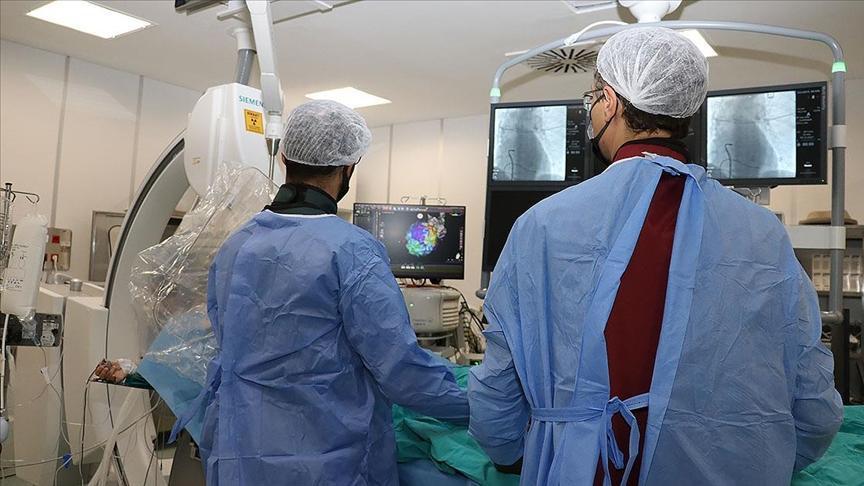
Türkiye’s Health Ministry is poised to introduce a series of sweeping reforms in the realm of medical tourism, aiming not only to amplify the already burgeoning demand but also to broaden the scope of services rendered — particularly in the domain of aesthetic procedures, which constitute a substantial influx of international patients.
In 2024, Türkiye catered to over 1.5 million foreign patients, generating a revenue stream of approximately $3 billion. Projections for 2025 indicate an exponential surge, with anticipated revenues reaching $12 billion.
The global medical tourism market is currently estimated at around $100 billion, with forecasts suggesting an upward trajectory to $127 billion by 2028. In alignment with this trend, Türkiye aspires to elevate its medical tourism revenues to $20 billion by the same year.
However, the proliferation of unregulated and illicit operators — whose mishandling of procedures results in complications and deaths — has cast a shadow over the industry, prompting decisive intervention from Türkiye.
According to the draft regulation quoted by daily Hürriyet, accreditation will be made mandatory for all healthcare providers and physicians operating within the ambit of medical tourism.
Only accredited institutions and practitioners who meet stringent criteria will be permitted to integrate the "HealthTürkiye” official emblem into their branding.
Membership in the “HealthTürkiye” portal will be compulsory for healthcare facilities and intermediary organizations.
Given their strategic positioning and patient demographics, cities such as Edirne, Rize, Van and Nevşehir have been earmarked as pivotal hubs in Türkiye evolving medical tourism landscape.
International patients seeking treatment in Türkiye will be required to engage with authorized centers and certified physicians.
Complication and travel health insurance will become obligatory, the draft regulations said.
Medical establishments and intermediary entities will be mandated to appoint designated personnel to oversee patient management and ensure compliance with regulatory obligations.
Institutions and individuals who meet all stipulated criteria will be subjected to rigorous and recurrent audits.
Violations uncovered during these inspections will result in sanctions ranging from temporary suspensions to outright revocation of operating licenses.
In a departure from previous regulations, the prerequisite for intermediary organizations to hold an "A-group travel agency" certification is being abolished. Instead, a structured framework for their operational expansion is being introduced.
The ambit of medical tourism is also being broadened to encompass not only private healthcare providers but also public and university hospitals, provided they adhere to the prescribed standards. Additionally, the provision of remote medical services will be sanctioned.
While Türkiye remains a premier destination for hair transplantation, aesthetic procedures, dental and ophthalmic treatments, bariatric surgery and in-vitro fertilization, the new regulatory framework seeks both to impose definitive guidelines on these sectors and to strategically diversify the country’s medical tourism portfolio.
Targeted growth areas include geriatrics, sports medicine, advanced medical interventions, wellness tourism, disability healthcare, thermal therapy and traditional medicine, the daily Hürriyet said in the report.